In November, Californians will vote in a series of important elections for President of the United States, members of the House of Representatives, a US senator, and members of the state legislature.
Additionally, voters will decide whether to agree to a series of ballot proposals on issues spanning climate change, forced labor, minimum wage, and rent control. Keep reading to find out everything you need to know about these consequential measures.
Proposition 3: Same-Sex Marriage
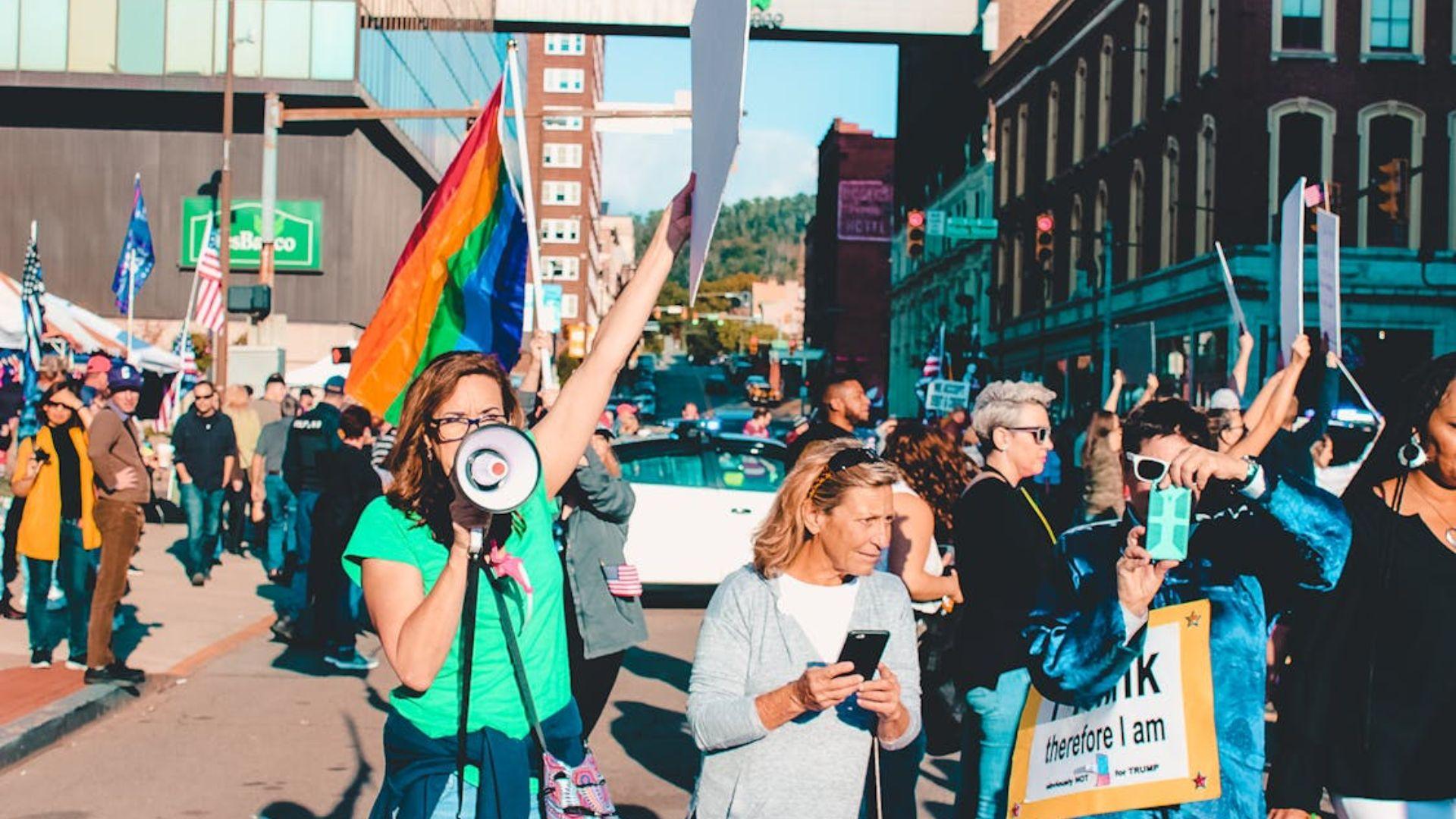
This proposition would amend the state constitution to remove outdated language from 2008’s Proposition 8 which characterizes marriage as being between one man and one woman.
Assemblymember Evan Low authored the legislation supporting the removal and replacement of Proposition 8, calling that law “discriminatory and unconstitutional.”
Proposition 4: Climate Change

This measure supported by state Democrats would allow $10 billion in borrowing for wildfire programs and measures to ensure clean water and dealing with sea level rises.
The LA Times reports, “The [proposal] requires that at least 40% of the money go to projects that aid disadvantaged communities, defined as those where the median household income is less than 80% of the area average.”
Proposition 2 & 5: Infrastructure
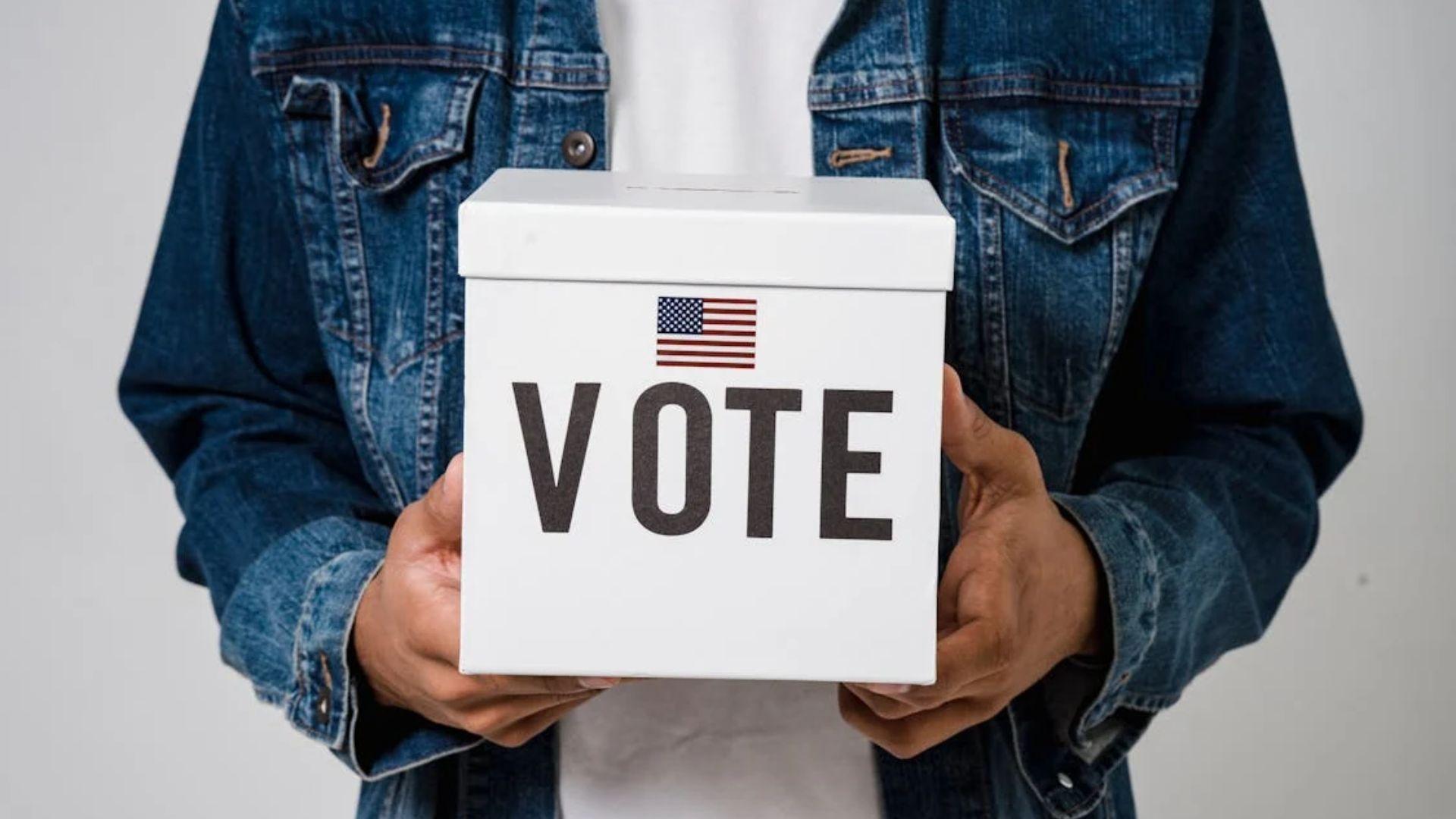
Proposition 5 would make it easier for local governments to borrow money to build affordable housing and other infrastructure.
Meanwhile, Proposition 2 would put $8.5 billion towards building K-12 schools and another $1.5 billion to construct and modernize community colleges.
Proposition 6: Forced Labor

A late addition to the slate of propositions, this one would end indentured servitude in state prisons – “one of the last remnants of slavery” in California.
The proposition was added as an amendment to the reparations bill package by the California Black Legislative Caucus.
Proposition 32: Raise The Minimum Wage
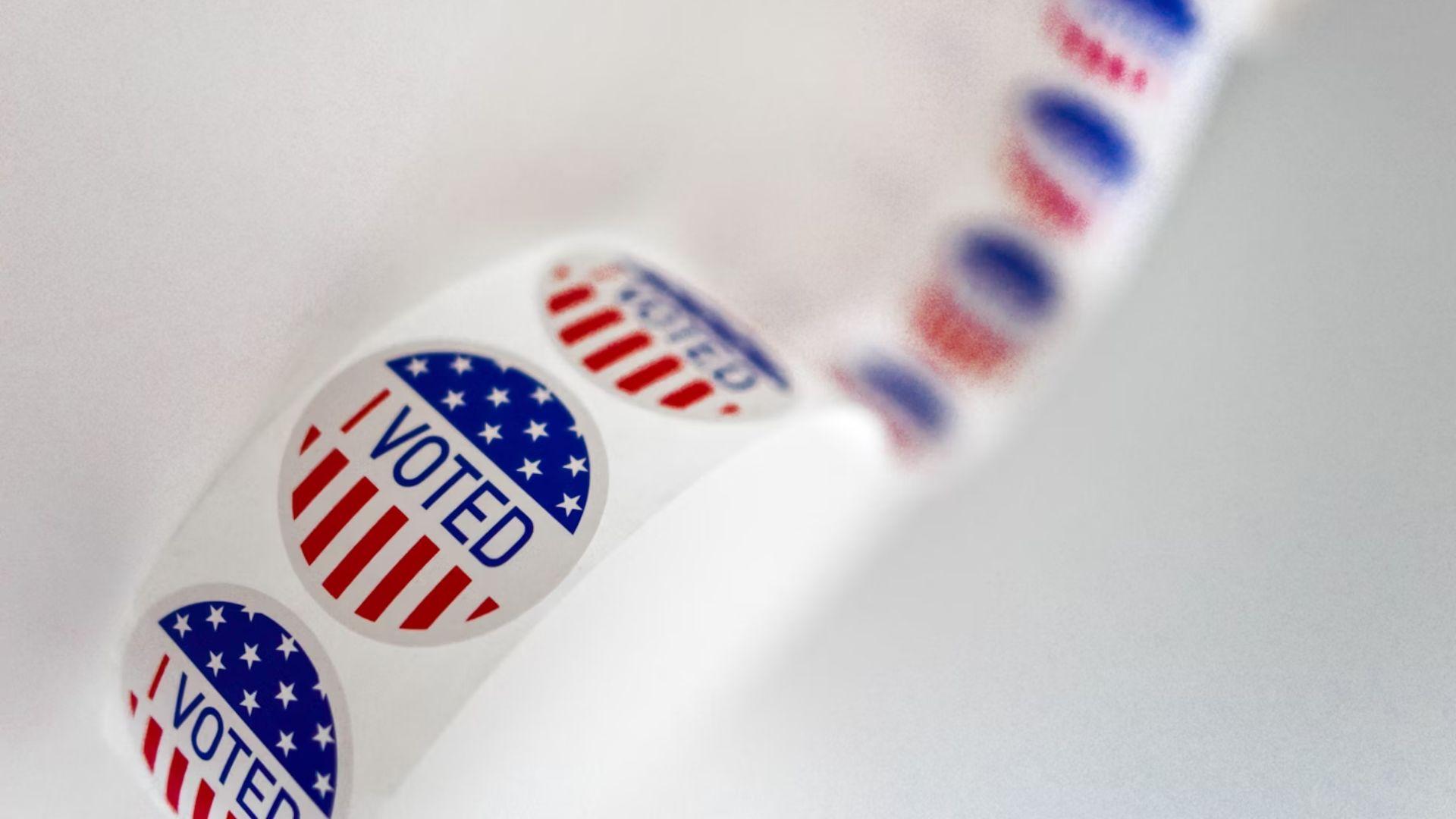
This measure would increase the overall minimum wage from $16 an hour to $18 an hour – offering two million Californians a raise.
The measure is supported by millionaire Joe Sanberg and would have effect by 2026. However, it has divided many progressives who don’t think it goes far enough.
Proposition 33: Rent Control
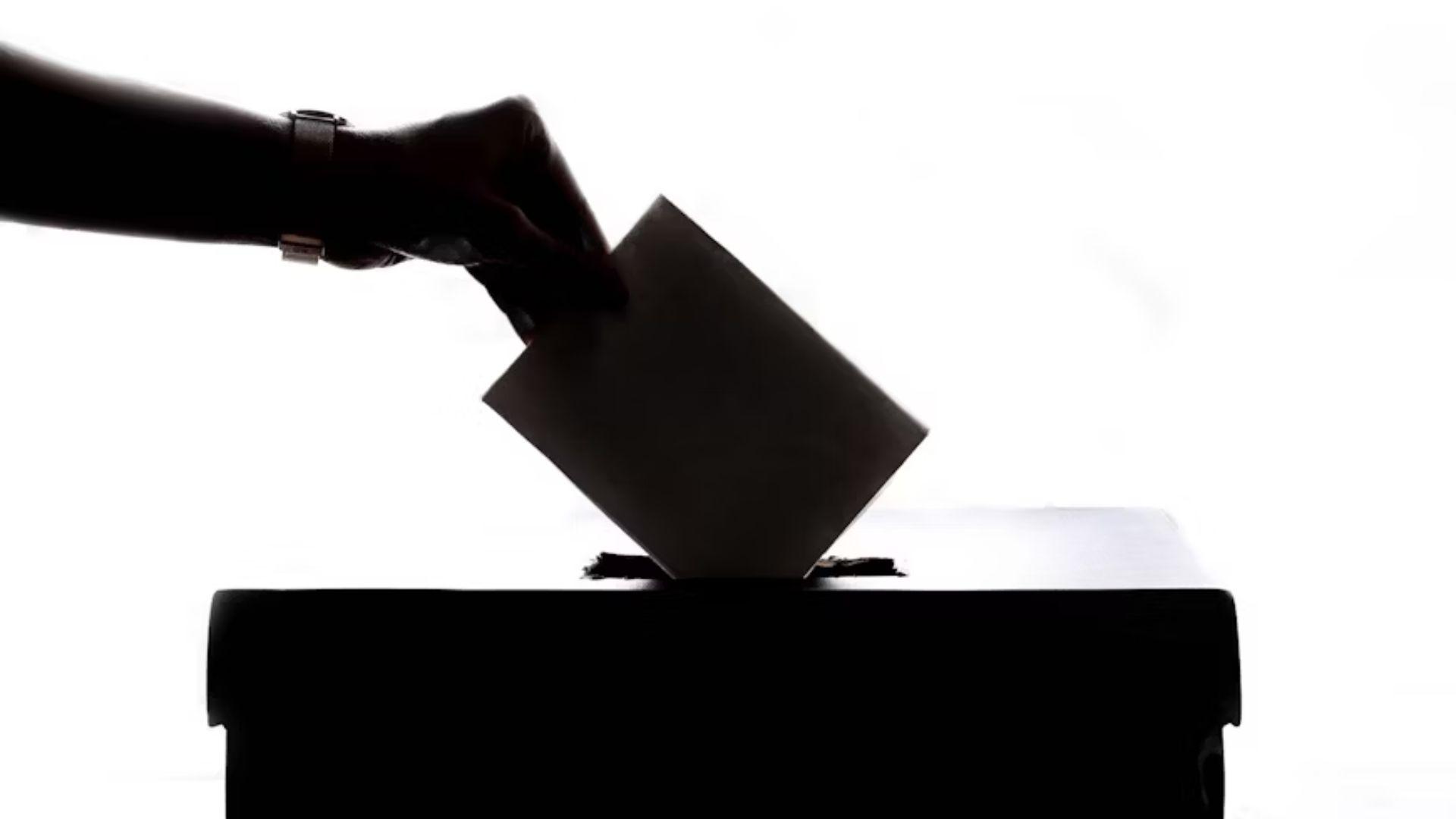
This proposal would roll back state laws that prevent rent controls from being placed on properties built from February 1995 onwards.
The act reads, “The state may not limit the right of any city, county, or city and county to maintain, enact or expand residential rent control.”
Proposition 34: Healthcare Rule Change
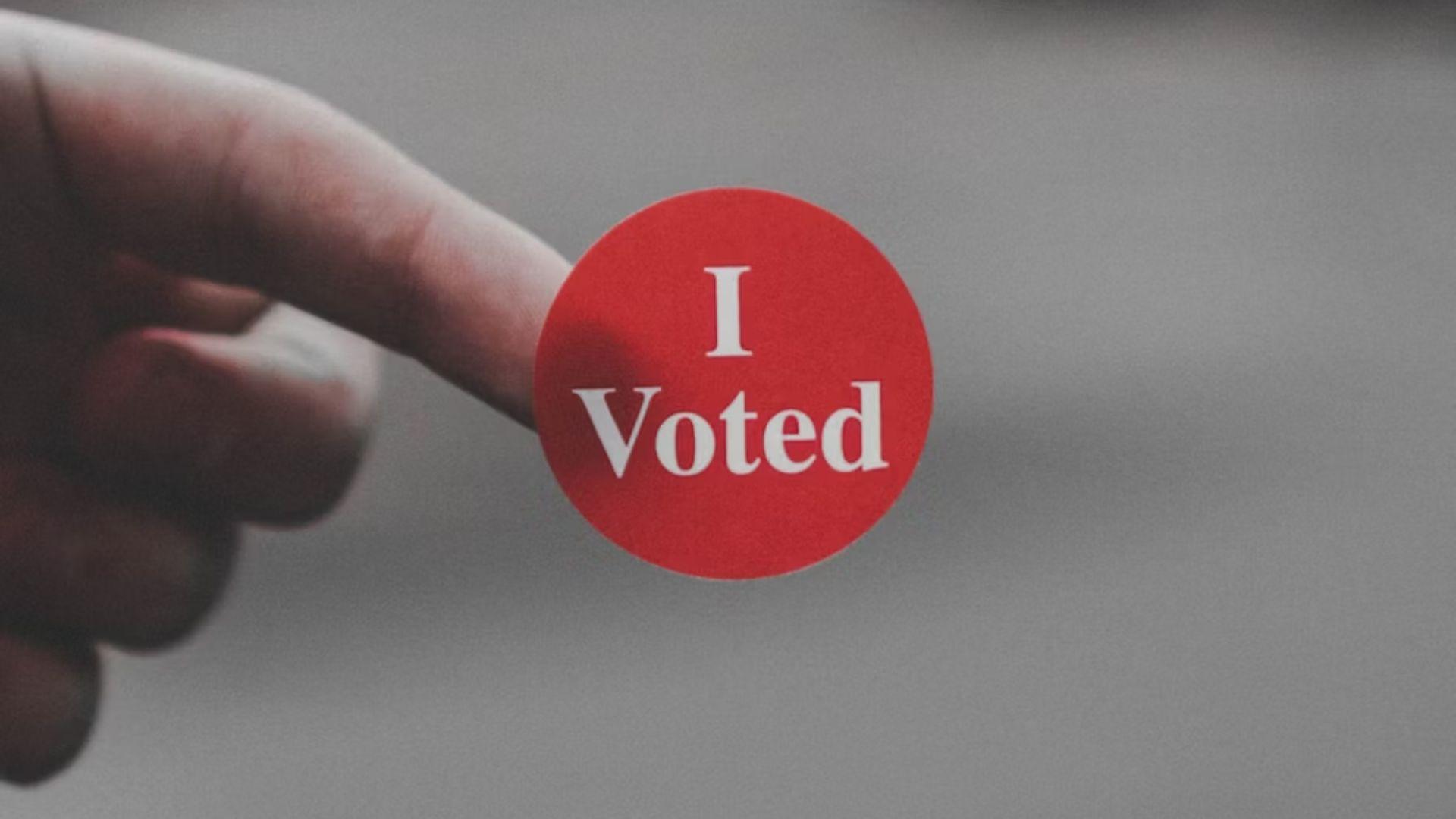
The LA Times reports, “The measure applies to healthcare providers who have spent over $100 million in any 10-year period on things besides direct patient care and have run multifamily housing with more than 500 “high-severity health and safety violations. If a healthcare provider meets that standard they would be required to spend 98% of their revenues from a federal prescription drug program on direct patient care.”
Supported by the California Apartment Association, the measure is primarily aimed at weakening the AIDS Healthcare Foundation, which has been pivotal in supporting other ballot measures, such as that in support of rent control.
Proposition 35: Healthcare Tax

If passed, this proposition would put a tax on managed care organizations – a type of health insurance provider – that provide/arrange services for monthly payments.
The measure is supported by both California’s Democratic and Republican Parties, as well as state labor unions and Planned Parenthood.
Proposition 36: Increased Penalties
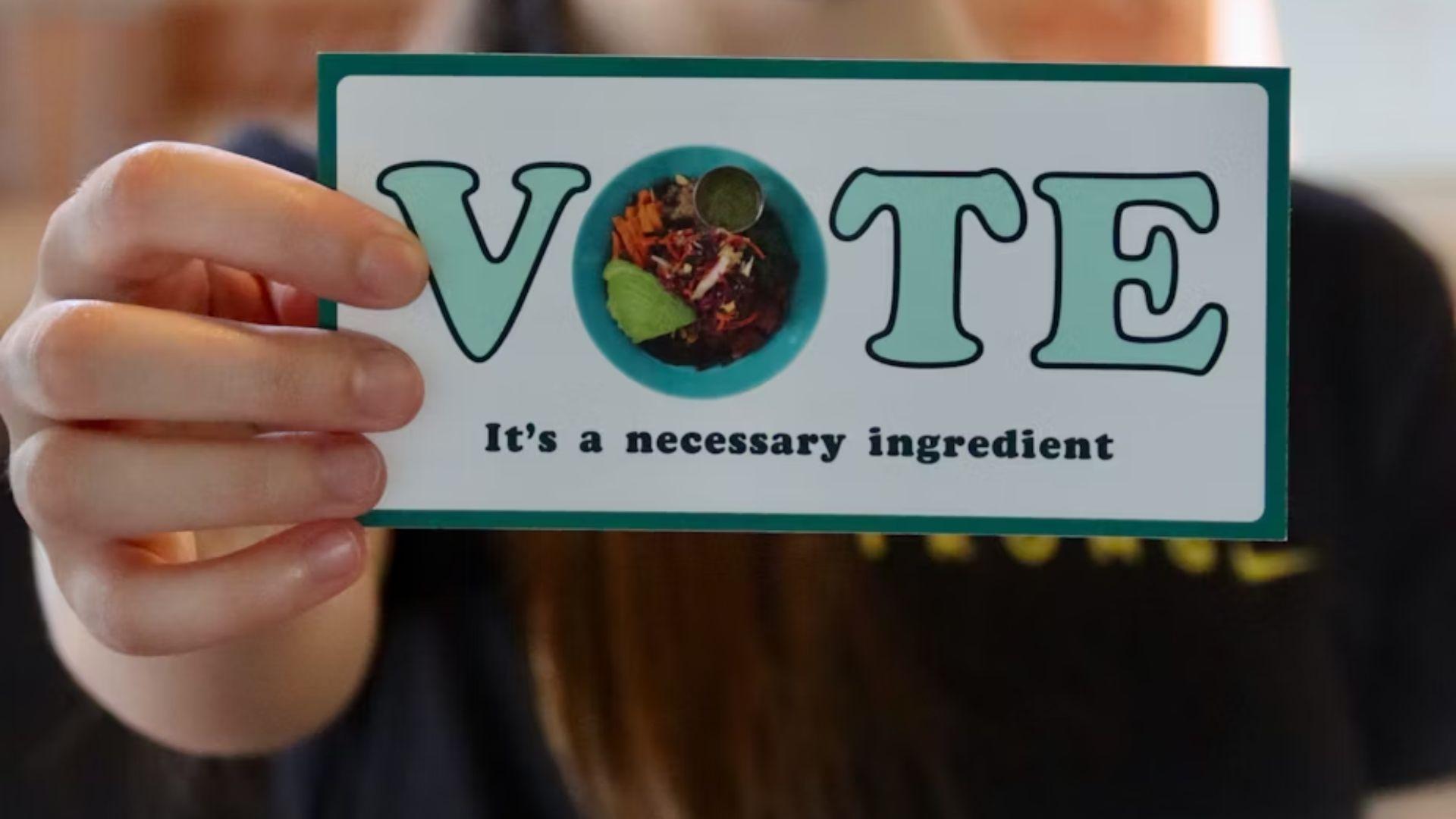
The most controversial measure on the ballot would make fentanyl possession a felony and would create a new theft offense punishable by three years in prison.
The measure would change parts of Proposition 47 – the 2014 measure that made some nonviolent felonies misdemeanors. It is supported by retailers Target, Home Depot, and Walmart, as well as the state’s Republican Party. The proposal has divided Democratic lawmakers.


